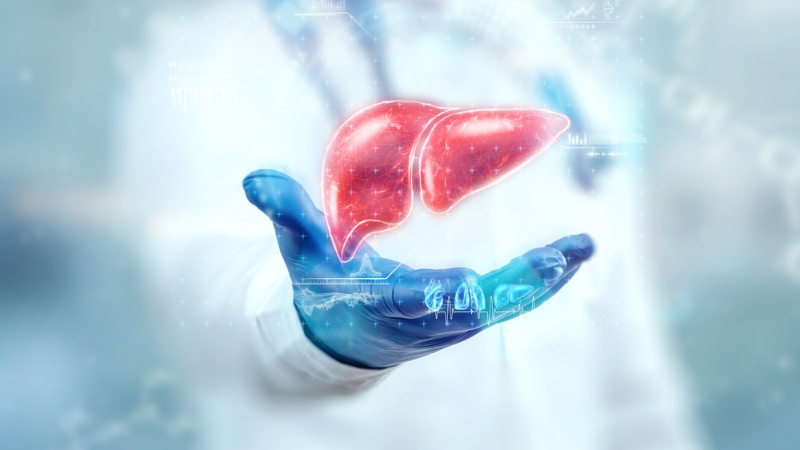Liver Disease Management"Strategies for Comprehensive Hepatic Health."

At our hospital, we specialize in providing cutting-edge Liver Disease Management treatments, giving patients with a range of liver-related conditions complete care. Since the liver plays a critical role in general health, our management strategy incorporates continual support, therapy, and diagnostics. We will discuss the importance of liver disease management, the situations that may call for these services, possible concerns, and the unique qualities that set us apart as leaders in providing top-notch hepatology treatment in this section.
What is Liver Disease Management?
The comprehensive care and treatment plans created to address a variety of liver disorders, such as cirrhosis, liver cancer, and fatty liver disease, are referred to as liver disease management. The goal of this multidisciplinary approach is to manage and diagnose liver problems in order to maintain good liver function and the general health of the patient.
Why Do You Need Liver Disease Management?
- Diagnosis and Staging: Accurate assessment of liver illnesses using imaging, blood tests, and occasionally a liver biopsy to ascertain the condition's stage and severity.
- Treatment of Underlying Causes: Treatment of underlying causes, such as autoimmune diseases, metabolic problems, alcohol-related liver damage, and viral infections (hepatitis).
- Symptom Management: Reduction of the signs and symptoms of liver illness, such as fluid retention, tiredness, jaundice, and stomach pain.
- Prevention of Complications: Proactive steps to stop and treat side effects such portal hypertension, liver cirrhosis, and the onset of liver cancer.
Possible Risks:
The severity of the liver ailment and its underlying causes are usually linked to the risks involved in managing liver disease. Risks can include drug side effects, treatment-related problems, and the continued progression of liver disease in spite of interventions. Plans for personalized management are designed to reduce hazards and improve people's quality of life in general.
Treatment Steps in Liver Disease Management:
- Diagnostic Evaluation: Comprehensive evaluation of liver function including imaging scans, blood testing, and, if required, liver biopsies.
- Identification of Underlying Causes: The precise etiology of liver illness, which may include viral infections, alcohol misuse, autoimmune diseases, or metabolic abnormalities.
- Medical Interventions: Pharmacological treatment to address underlying causes, reduce inflammation, and manage symptoms.
- Lifestyle Modifications: Putting into practice lifestyle modifications to enhance liver function, such as dietary modifications, weight control, and alcohol abstinence.
- Monitoring and Surveillance: Routine evaluation of liver function using imaging investigations and follow-up testing to monitor development and spot new problems.
Through a comprehensive and individualized strategy, liver disease management seeks to improve the quality of life for those who suffer from liver disorders by addressing the underlying causes, controlling symptoms, and increasing overall liver health.
Top Asked Questions and Answers:
FAQ (Frequently Asked Questions):
+91-9144411108
Emergency Cases

